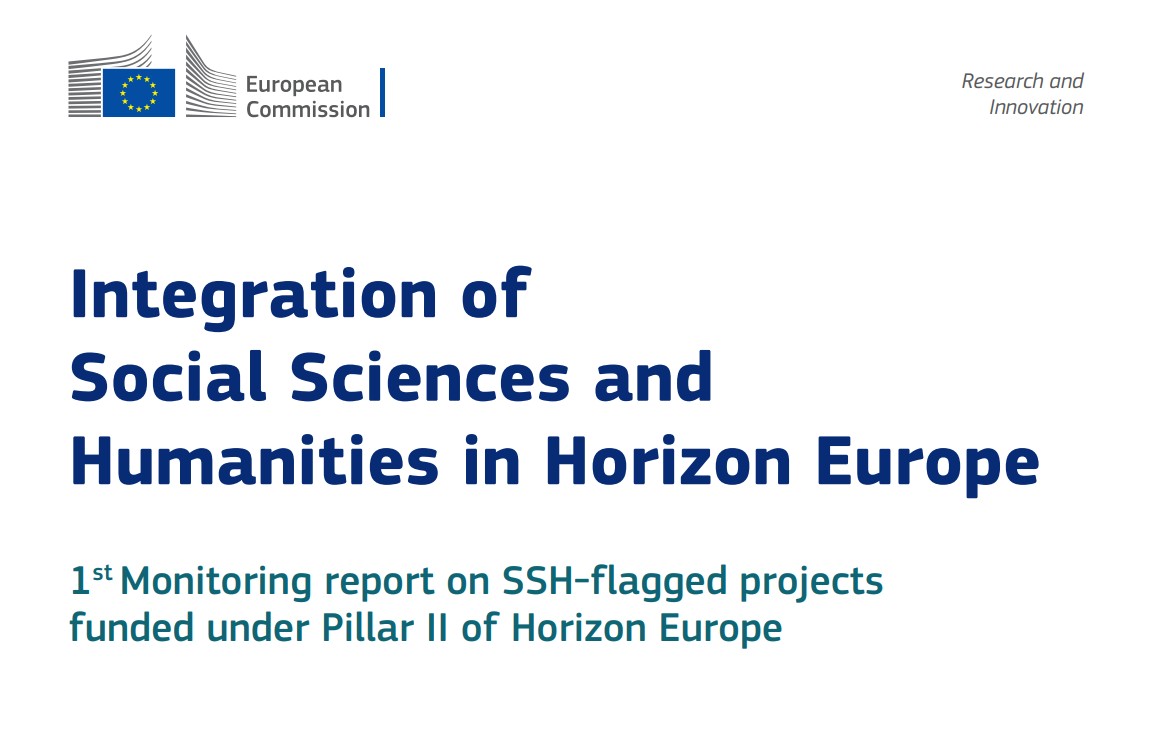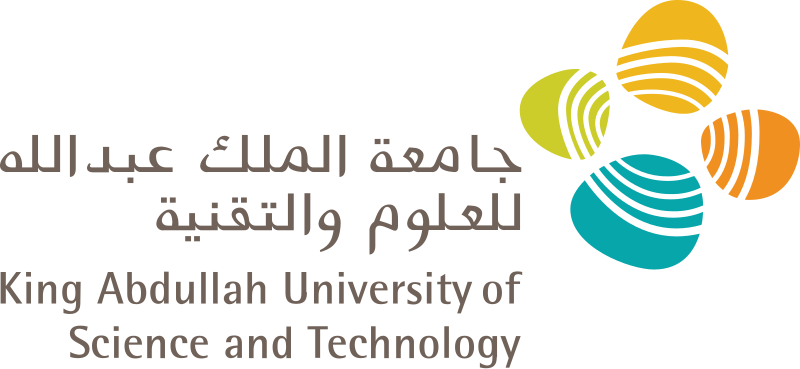
Registration Opens for SAF 2025: International STEAM Azerbaijan Festival Welcomes Global Youth
The International STEAM Azerbaijan Festival (SAF) has officially opened registration for its 2025 edition!

As we stepped into the 21st century, Social Sciences and Humanities (SSH) began to fade into the background. It wasn’t that they lost their value, but society's focus shifted. STEM fields, Science, Technology, Engineering, and Mathematics, began to dominate the narrative, especially with the rapid growth of technology and artificial intelligence. These areas were seen as the future, the solution, the way forward. As a result, disciplines like psychology, politics, and economics were often overlooked, despite being deeply woven into the fabric of our everyday lives.
From childhood, we were told about the prestige of becoming a doctor, engineer, or tech innovator. Rarely did we hear about the importance of understanding how societies function, how people think, or how economies move. Yet, these are the very questions at the heart of SSH. The name says it all: Social Sciences and Humanities. We are both social and human, and to understand our world, our challenges, and our progress, we need these fields just as much as we need STEM.
Rather than viewing STEM and SSH as separate or competing, what if we brought them together? Because no matter how advanced a technology is, it needs to work for people. Who is it designed for? What problem does it solve? How will it impact society? Without social understanding, innovation risks being detached from the people it’s meant to serve.
This is exactly what Horizon Europe’s first Social Sciences and Humanities Integration Report set out to address. The SSH Integration Report specifically analyzes projects funded under Horizon Europe from 2021 to 2023, with a particular focus on Pillar II: "Global Challenges and European Industrial Leadership. Building on the monitoring efforts launched under Horizon 2020, this report is part of an ongoing process that will culminate in a final assessment covering the full duration of Horizon Europe (2021–2027).
The findings show that approximately 40% of Pillar II topics were “SSH-flagged,” meaning SSH was considered essential to achieving their objectives. Moreover, €7.2 billion, which is around 41% of the total budget for Pillar II, was allocated to these topics. These numbers highlight a growing recognition of the value that SSH brings to addressing complex societal challenges alongside STEM disciplines.
SSH integration is grounded in Horizon Europe’s legal foundation (Regulation 2021/695), which calls for its inclusion across all clusters, especially under Global Challenges and European Industrial Competitiveness. SSH is expected to advance its own research while contributing to the societal and economic impact of projects, with expert involvement and ongoing monitoring to ensure meaningful integration. To tackle the complex challenges facing European society, disciplines such as economics, psychology, sociology, philosophy, anthropology, and the arts are increasingly woven into STEM-driven research.
This interdisciplinary approach helps ensure that technological solutions are socially informed, inclusive, and responsive to real-world needs, for example, involving both architects and historians in restoring heritage sites, or applying ethical and sociological lenses when developing AI systems.
The SSH Integration Monitoring Report highlights successful interdisciplinary collaboration across Clusters 1 to 6 under Horizon Europe. These clusters showcase projects where Social Sciences and Humanities (SSH) were effectively integrated with STEM disciplines to address complex societal challenges through innovation and research.
Cluster 1: Health, which focuses on enhancing and safeguarding the health and well-being of people of all ages by advancing knowledge, creating innovative approaches, and incorporating a gender-sensitive perspective to prevent, detect, monitor, manage, and cure diseases.
An example of an SSH-integrated project within this cluster is the INSPIRE project (INtegrated Short-term PallIative REhabilitation), which aims to improve quality of life, reduce symptoms, and enhance care access for people with incurable cancer. The project focuses on creating an effective and equitable palliative rehabilitation model. SSH integration was not an afterthought; it was embedded from the start. The project involved psychologists, sociologists, and other SSH experts in designing, implementing, and evaluating the intervention. Social scientists worked side by side with clinicians, participating in the clinical process to assess how therapies affect patients emotionally, socially, and physically. Rather than dividing roles by discipline, all activities were shaped through continuous, cross-disciplinary collaboration. This approach ensured the rehabilitation model addressed not only clinical needs but also the human and social dimensions of living with terminal illness.
Cluster 2: Culture, Creativity and Inclusive Society, which focuses on reinforcing democratic principles in Europe, such as the rule of law and fundamental rights, while protecting cultural heritage and supporting social and economic changes that foster inclusion and sustainable development.
The second cluster includes the The MEMENTOES project (iMmersive gamEs for Museums as vehicles to Engage visiTOrs in Empathetic reSponses), which aims to develop historical video games for museums that use immersive storytelling to help visitors experience moments from history, fostering empathy and deeper understanding. The project integrates Social Sciences and Humanities (historians, museum experts, and legal scholars) with STEM disciplines (IT and game developers) from the outset. This close collaboration ensured that the games were both historically accurate and appropriate for diverse audiences, with legal experts guiding sensitive content and historians providing authentic scenarios. The teams worked together through monthly iterative meetings, continuously refining the game based on technological, historical, and legal feedback. For example, although generative AI was initially planned to create dynamic game content, it was removed to avoid producing historically inaccurate scenarios.
Cluster 3: Civil Security for Society, which addresses ongoing security risks such as cybercrime, along with natural and human-made disasters. (Including SSH in this cluster is crucial to evaluate how innovations affect users and boost social acceptance. For example, in border check projects involving sensitive data, SSH helps address privacy, ethics, and trust issues, leading to more responsible and widely accepted solutions).
The GEMS project (Gaming Ecosystem as a Multilayered Security Threat), is just one of the SSH-integrated projects within this cluster that addresses the spread of extremism in online gaming communities. SSH is included through sociologists who develop a framework called the Sociology of Gaming and Radicalisation, providing deep insights into how extremism develops and spreads in these environments. Meanwhile, STEM experts design The Watchtower, an AI tool to detect and block extremist content. The project also involves close cooperation with law enforcement to develop training programs based on both sociological research and AI capabilities. This multidisciplinary integration ensures that technological solutions are grounded in social understanding, making the intervention more effective and relevant.
Cluster 4: Digital, Industry and Space, which focuses on developing reliable and competitive technologies to strengthen Europe’s global industrial leadership, promote sustainable production and consumption, and benefit all social and economic regions. It supports a digital, low-carbon, and circular industry by securing raw materials, advancing materials science, and driving innovation to address global challenges.
The fourth cluster includes the The SHARESPACE project, which explores future Social Hybrid Spaces where humans and avatars collaborate using extended reality (XR) technology. SSH integration was crucial from the start, involving experts in philosophy, ethics, and anthropology to examine the social and moral implications of human-avatar interactions. SSH researchers didn’t just advise; they actively engaged by conducting interviews and gathering real user feedback during pilot studies, shaping the project’s direction based on how people experience the technology. To bridge communication gaps between STEM and SSH teams, a joint glossary was created to align technical and ethical terms. This shared language helped ensure smooth collaboration, enabling both sides to address complex issues like movement encoding and ethical limits. SSH researchers also played a key role in dissemination, raising important societal questions alongside technical achievements.
Cluster 5: Climate, Energy and Mobility, which seeks to combat climate change by improving knowledge of its origins, development, risks, effects, and opportunities, while making the energy and transport sectors greener, more efficient, competitive, intelligent, secure, and resilient.
The fifth cluster includes The REGEN project, which aims to support the decarbonization of European neighborhoods and cities by combining advanced digital tools and sustainability assessments with active stakeholder engagement. SSH experts have been involved from the start to design methods for community participation and to ensure the social acceptance of new technologies. Their work complements STEM contributions by addressing social, economic, and behavioral factors critical to achieving goals like reduced carbon emissions and increased energy efficiency. Across demonstration sites in Spain, Italy, Ireland, and Luxembourg, SSH researchers guide local authorities in implementing inclusive engagement practices. Although differences in methods and communication between SSH and STEM pose challenges, the project fosters collaboration through shared activities and integrated offices combining social approaches with technical tools. REGEN highlights the importance of early SSH involvement and a common language to bridge disciplines and deliver effective, socially accepted innovations.
Cluster 6: Food, Bioeconomy, Natural Resources, Agriculture & Environment, which focuses on reversing environmental damage and biodiversity loss across land and water by driving economic and social transformation in urban and rural areas. It promotes food security within planetary limits through innovation and digital tools in agriculture, fisheries, and food systems, while accelerating the shift to a low-carbon, circular, and sustainable bioeconomy.
The sixth cluster has The GeneBEcon project, which uses New Genomic Techniques to promote sustainable advances in plant breeding, farming, and biobased industries, supporting Europe’s climate goals. SSH experts play a vital role in translating lab research into real-world impact by evaluating economic sustainability, regulatory frameworks, and social acceptance of new technologies. This interdisciplinary collaboration also aids policymakers by providing comprehensive insights that combine scientific, economic, and social perspectives. To overcome challenges in cross-disciplinary work, GeneBEcon structured its research so STEM and SSH efforts are interdependent—using scientific data to inform economic and regulatory analysis, ensuring all disciplines contribute throughout the project. Strong coordination supports effective collaboration and maximizes the project’s societal impact.
The Horizon Europe SSH Integration Report makes one thing clear: meaningful progress happens when we stop seeing STEM and SSH as separate worlds. These projects show that tackling complex societal challenges, from healthcare to climate change, requires both technological innovation and deep social understanding. By embedding SSH at every stage, Horizon Europe is not just funding research, but shaping a future that is smarter, fairer, and more human. The way forward is not either/or, it is together.
Share

Registration Opens for SAF 2025: International STEAM Azerbaijan Festival Welcomes Global Youth
The International STEAM Azerbaijan Festival (SAF) has officially opened registration for its 2025 edition!

Join the Edu-live Internship Program!
Are you passionate about journalism, education, science, as well as global study and development opportunities? Do you want to be part of a dynamic media platform that brings educational and scientific news and stories to life from around the world?

Young Leaders Union Conference 2025 in Paris (Fully Funded)
Join Global Changemakers in Paris! Fully Funded International Conference for Students, Professionals, and Social Leaders from All Nationalities and Fields

An mRNA cancer vaccine may offer long-term protection
A small clinical trial suggests the treatment could help keep pancreatic cancer from returning

Yer yürəsinin daxili nüvəsində struktur dəyişiklikləri aşkar edilib
bu nəzəriyyənin doğru olmadığı məlum olub. Seismik dalğalar vasitəsilə aparılan tədqiqatda daxili nüvənin səthindəki dəyişikliklərə dair qeyri-adi məlumatlar əldə edilib.

Applying to KAUST - Your Complete Guide for Masters & Ph.D. Programs (Upcoming Admissions)
Admissions Overview & Key Requirements